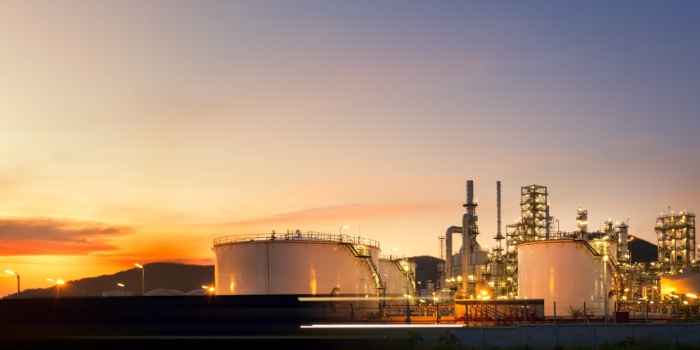Regional oversupply and sustained low refining margins mean Kwinana Refinery in Western Australia is no longer economically viable. So having explored multiple possibilities for its future, BP Australia has concluded that conversion is the best option.
As a result, BP Australia will cease fuel production at its Kwinana Refinery and convert it to an import terminal.
The refinery, near Fremantle, has provided fuels for Western Australia for 65 years. But BP said the continued growth of large-scale, export-oriented refineries throughout Asia and the Middle East has structurally changed the Australian market.
BP Australia head of country Frédéric Baudry said: “BP’s Kwinana Refinery has played an important role in the development of Western Australia. It helped underpin the early development of the surrounding community and key industries. Generations of Western Australians have worked at the facility, building a fantastic legacy of safe and reliable operations that we will always be proud of.”
He added: “Today’s decision to cease refining is a difficult one and not in any way a result of local policy settings. It comes in response to the long-term structural changes to the regional fuels market. Converting to an import terminal will not impact the safe and reliable supply of quality fuel products to Western Australia; however, it will require fewer people to run. We deeply regret the job losses that will result and will do everything we can to support our people through the transition.”
Refining activities will wind down over the next six months, with a conversion workforce supporting site works. The new terminal will support construction work out to 2022.
BP is also exploring future options for the site including a potential clean energy hub, to harness the existing and emerging technologies required for the decarbonisation of the Western Australian economy. It said a multi-use clean energy hub could produce and store lower carbon fuels, including sustainable aviation and marine fuels and waste-to-energy solutions such as renewable diesel.
For more information visit www.bp.com












